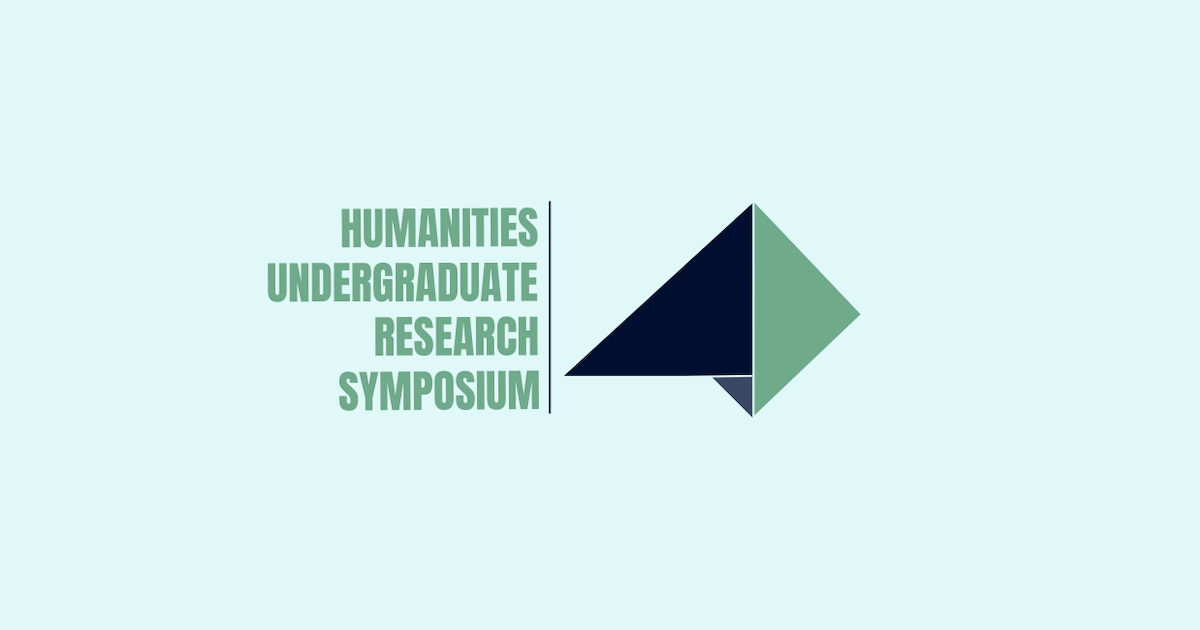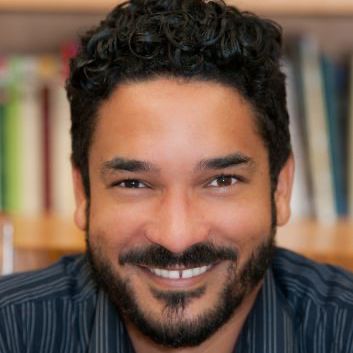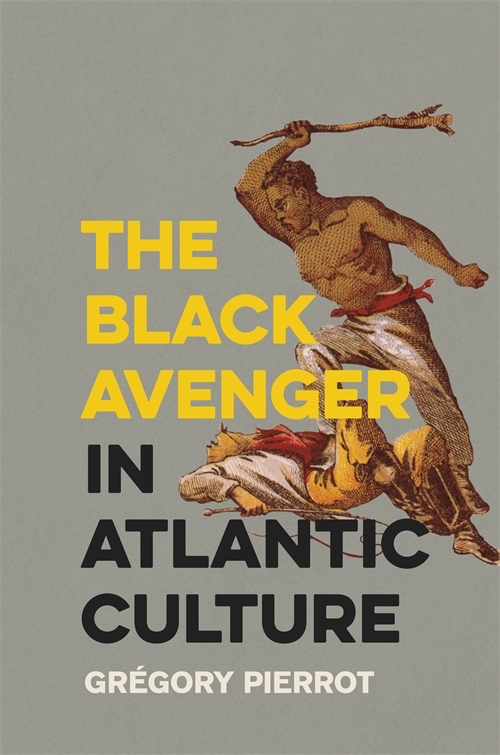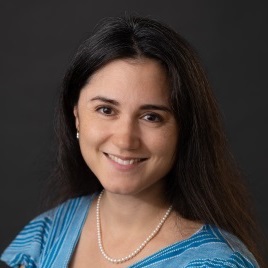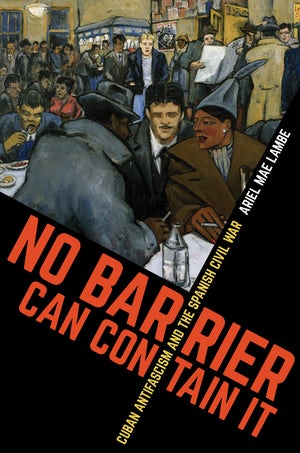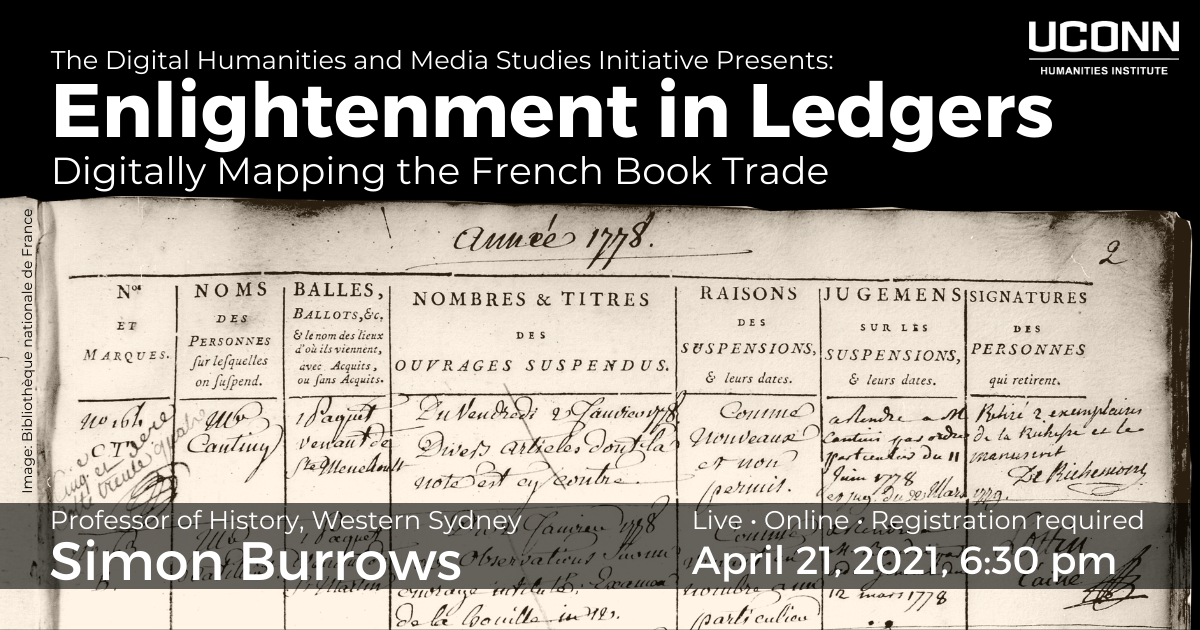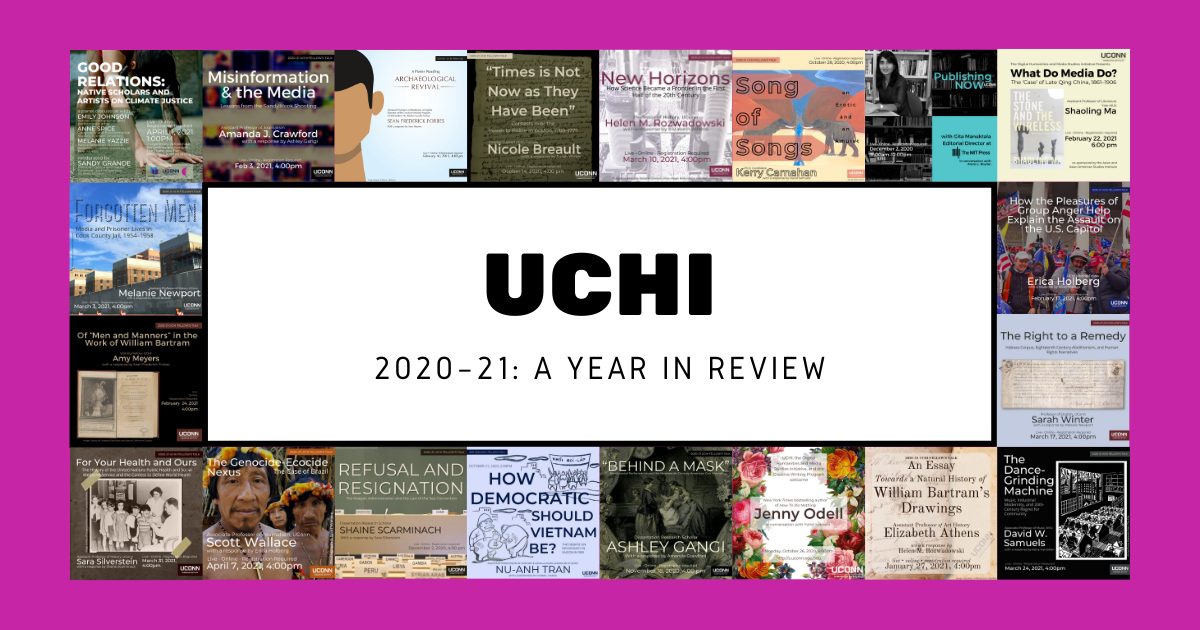
How do you measure a year on Zoom?
Events
Number of virtual events: 31 webinars and 2 workshops
Total webinar attendance: 1520
Number of countries attendees zoomed in from: 30
Events interrupted by technical difficulties: 1
Fellows
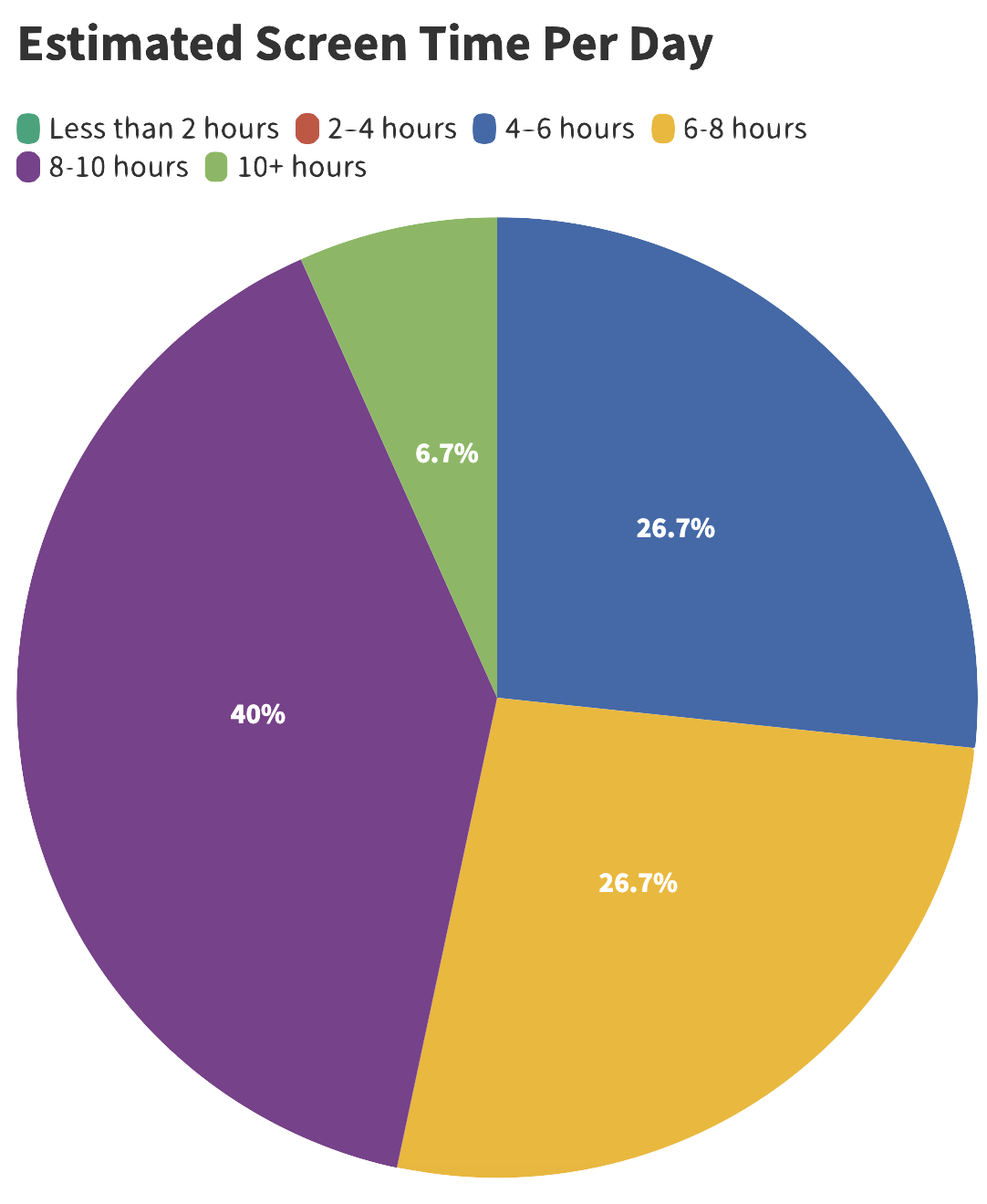
Percentage of fellows who spend 8-10 hours looking at screens each day: 40
Average number of hours our fellows spent on Zoom/Webex/etc in a week: 7.4
Average attendance at fellows’ talks: 49
Largest audience for a fellow’s talk: 100
Percentage of fellows who completed 20–30% of their projects during the fellowship year: 60
Percentage of fellows who completed more than 30% of their projects during the fellowship year: 33.3
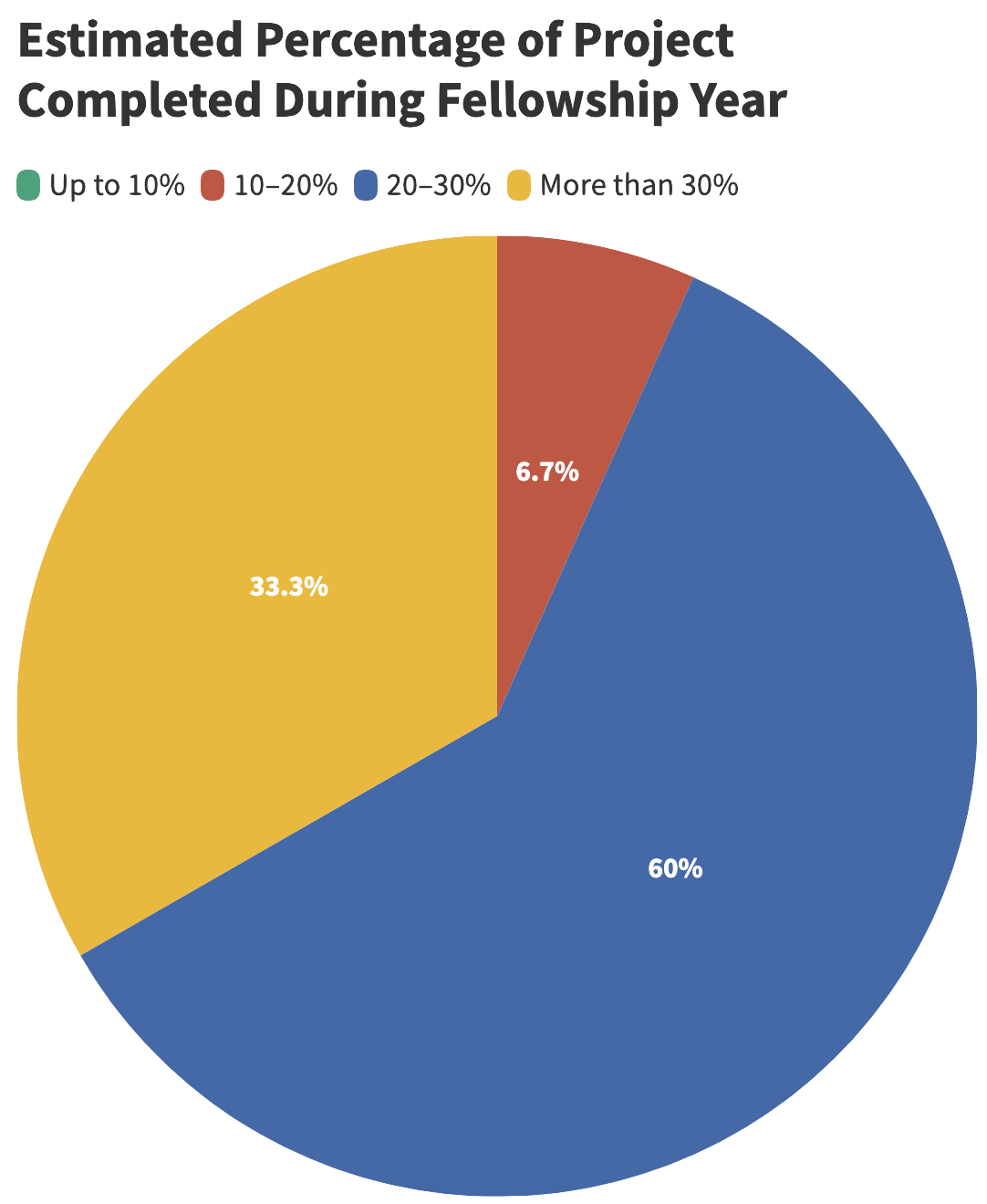
Journal articles published or forthcoming: 9
Revised book manuscripts completed: 2
Poems published or forthcoming: 4
Fellowships awarded: 2
Literary agents acquired: 1
Percentage of fellows who are most looking forward to visiting freely with family and friends in a post-pandemic world: 40
Percentage of fellows who are especially excited to go to a museum or gallery after the pandemic: 20
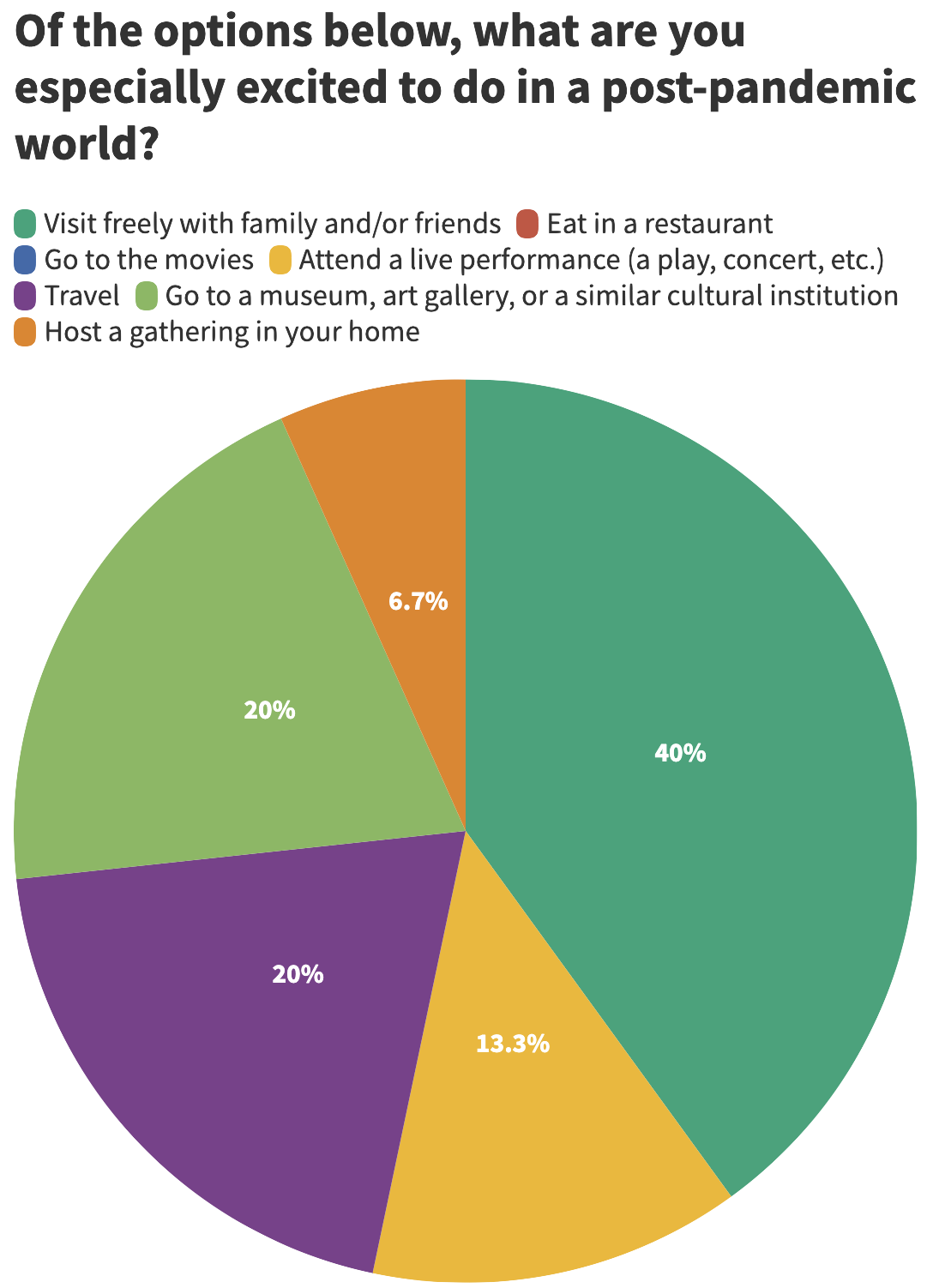
Number of applications for the 2021–22 Visiting Humanities Fellowship: 142
Number of 2021–22 Visiting Humanities Fellows: 2
Number of incoming 2021–22 fellows: 15
UCHI across campus
Number of active working groups: 9
Book support awards given: 5
Conferences, colloquia, and speakers funded: 17
Sharon Harris Book Award winners: 1 (plus an honorable mention)
UCHI on the Internet
Number of videos posted to YouTube: 19
Podcast episodes released: 7
Podcast episodes remaining in the Future of Truth season: 3
Number of tweets tweeted from @UCHI_UConn: 736
New England Humanities Consortium
New member institutions added to the current 11 institutions: 3
Projected participation in the Faculty of Color Working Group’s upcoming symposium: 57 (up from ~30 of the first symposium)
Active NEHC-funded collaborative projects: 7
What did our fellows and former fellows accomplish this year?
They published monographs: Mary K. Bercaw Edwards, Robert T. Chase, Alea Henle, Tracy Llanera, Jeremy Pressman, Peter Zarrow
—-Forthcoming: Martha J. Cutter, The Many Resurrections of Henry Box Brown (University of Pennsylvania Press, March 2022), Jonathan Robins, Lani Watson
And edited collections: Asha Bhandary, Robert T. Chase, Rebecca Ruth Gould, Joseph Ulatowski
—-Forthcoming: Anke Finger, Robin Greeley
They published journal articles and book chapters: Alexander Anievas (plus these), Asha Bhandary, Rebecca Ruth Gould (these too), Jessica Linker, Jonathan Robins, Helen Rozwadowski (one more), Sara Silverstein, Nu-Anh Tran, Joseph Ulatowski (and a few more)
—-Forthcoming: Sean Frederick Forbes, “An Afro-Latino’s Poetic and Creative Hungers,” in Latinx Poetics Anthology, eds. Natalie Scenters-Zapico and Ruben Quesada (University of New Mexico Press, Spring 2021)
Reviews: Asha Bhandary, Sara Silverstein
Magazine articles: Scott Wallace (another, plus one in Mizzou Magazine, Spring 2021), Dimitris Xygalatas
And poetry: Kerry Carnahan (two more)
—-Forthcoming: Sean Frederick Forbes, Kerry Carnahan (a chapbook from Lettuce Run Books entitled “The Experience of Being a Cathedral”), Amanda Crawford (“Golden Grass,” in New Square Literary Magazine, Spring 2021)
They created digital projects: Asha Bhandary, Sarah Willen
Gave interviews: Andrea Celli, Sean Frederick Forbes, Rebecca Ruth Gould, Scott Wallace, Dimitris Xygalatas (plus these)
And talks: Sean Frederick Forbes, Rebecca Ruth Gould (plus this one), Joseph Ulatowski (this too), Scott Wallace (and more)
Did readings: Sean Frederick Forbes (and these too)
Were profiled in magazines and newspapers: Scott Wallace, Sarah Willen
Signed with literary agents: Amanda Crawford
Co-directed a summer institute: Mary K. Bercaw Edwards
They started or accepted new jobs: Jessica Linker
And fellowships: Nathan Braccio, Nicole Breault (plus this), Daniel Hershenzon, Jessica Linker, Debapriya Sarkar, Joseph Ulatowski (2021–22 Karol Wojtyla-Pope St John Paul II visiting residential fellow at the St John Paul II Catholic University of Lublin)
Won awards or grants: Jessica Linker (and this), Aimee Loiselle, Margo L. Machida, Sarah Willen (and more)
And were awarded tenure and/or promotion: Andrea Celli, Brendan Kane, Jeremy Pressman, Lynne Tirrell, and Michael E. Nagle
Congrats, all!
